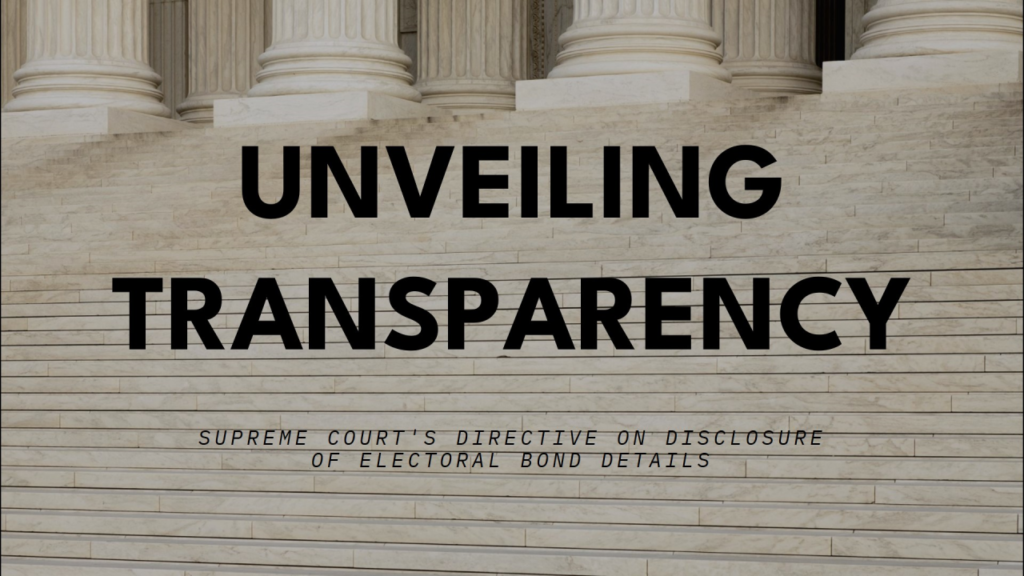Ensure Smooth Trade: Update Your IEC Annually!
Importance of Annual IEC Update for Seamless Import-Export Operations The Importer Exporter Code (IEC) is a critical component for businesses engaged in international trade in India. Issued by the Directorate General of Foreign Trade (DGFT), the IEC serves as a unique identification number for firms engaged in import and export activities. To ensure smooth and […]
Ensure Smooth Trade: Update Your IEC Annually! Read More »







